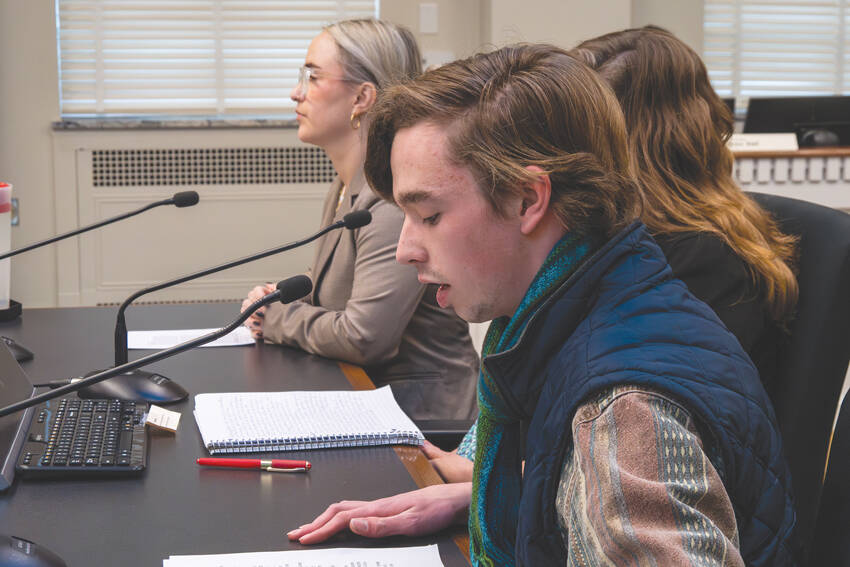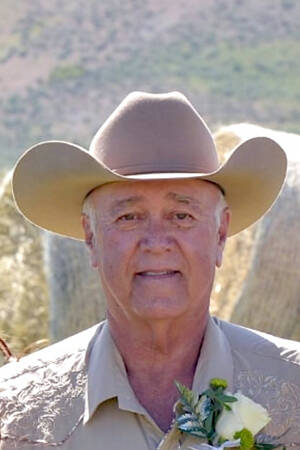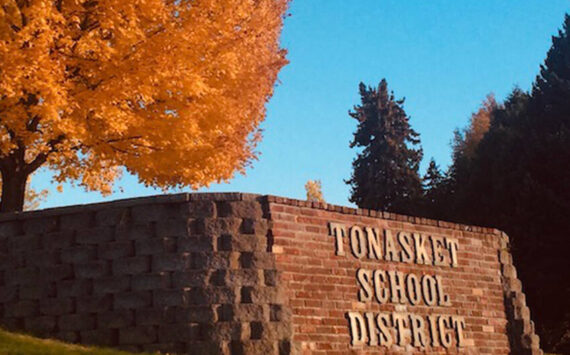By Juan Jocom | WNPA News Service
Concerned that not enough attention is paid to the decline of kelp beds in Puget Sound, Bainbridge Island resident Sebastian Ford worked with the Seattle Aquarium and the Puget Sound Restoration Fund to draft legislation to designate bull kelp as Washington’s official marine state forest.
The idea sounded great to Rep. Greg Nance, D-Bainbridge Island, who grew up swimming in Manzanita Bay and where he saw washed-up bull kelp on the beach. After learning from Suquamish elders about the ecological importance of kelp and witnessing its drastic decline over the decades, Nance agreed to sponsor the bill.
“If you look at a map from 170 years ago, kelp was everywhere in Puget Sound,” said Nance. “Today, our salmon are in trouble, and in large part, it’s because we’ve lost so much of our ecology, including keystone species like bull kelp.”
If enacted, HB 1631 will designate bull kelp forests as Washington’s official state marine forest.
Nance and Ford hope the bill will drive efforts to preserve and restore bull kelp through the Puget Sound kelp conservation and recovery plan. The goal is to recover 10,000 acres of kelp forests and eelgrass meadows by 2040.
According to a 2023 aerial survey by the Kelp Forest Monitoring Alliance of Washington State, 80% of the original bull kelp population has disappeared in the South and Central Puget Sound over the past 145 years.
Miranda Roethler, a University of Washington graduate student studying the effects of climate change on bull kelp, said rising ocean temperatures could be a factor in its decline. However, this alone doesn’t fully explain the population loss.
“It’s really a site-by-site mystery that we’re trying to figure out,” Roethler said. “Scientists are frantically searching for this smoking gun that’s going to universally explain why we’re losing our kelp.”
Ocean acidification, salinity, industrialization and monoculturalism could also be to blame for the decline, Roethler said.
According to Roethler, bull kelp serves as both a crucial sequester of carbon dioxide and a vital habitat for marine species like salmon, seals, otters, orcas, and other marine creatures. For Ford, the decline of the bull kelp population can have far reaching effects in the whole ecosystem.
“Chinook salmon can swim all the way from the ocean, bringing the nutrients they got from the kelp forest,” Ford said. “They can swim all the way inland and then die, and they help [nourish] forests that are 100 miles away.”
Moving quickly through the legislative process, the bill has been voted out of committee with a majority “do pass” recommendation.
The Washington State Journal is a nonprofit news website operated by the WNPA Foundation. To learn more, go to wastatejournal.org.






